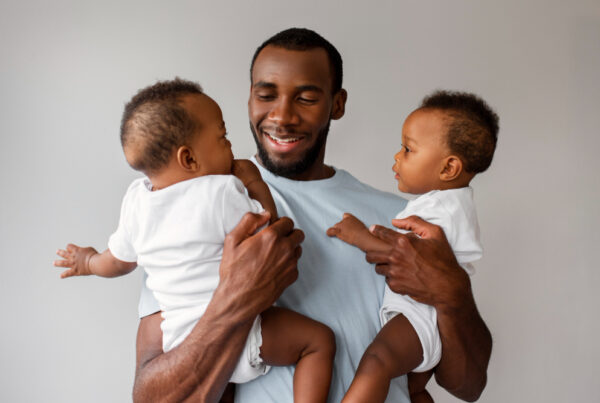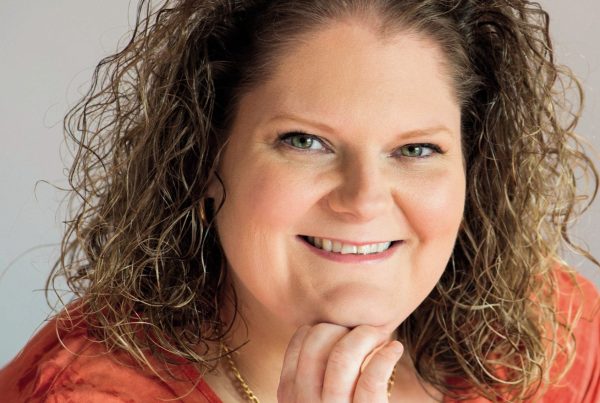Infertility affects many Nigerian couples as an emotional burden that can cause feelings of sadness and hopelessness. Social pressures to have children only add to the stress. But, in recent years, In Vitro Fertilization (IVF) has grown as a hopeful solution, and so many couples are finding success, and new hope is given to those who thought parenthood was out of reach.
About 1 in 4 couples in Nigeria face infertility issues. Although cultural beliefs often put pressure on women, making them feel blamed or ashamed, problems can come from either partner.
Cost remains the biggest obstacle to fertility treatment, and IVF can be expensive, often out of reach for many families. Only a few specialized clinics are offering these treatments in Nigeria. This limits access, especially outside big cities. Many people also lack awareness — they don’t understand how IVF works or believe false myths. Misconceptions about IVF can keep hopeful couples from seeking help.
Before starting IVF, couples undergo tests to find the root of the problem. This might include ultrasounds, hormone tests, and fertility scans. Men are tested for sperm quality. These results help doctors design a treatment plan. Personalized care increases chances of success.
In Nigeria, IVF success rates vary from 20 percent to 40 percent, depending on the clinic. Younger women usually have higher success rates, and advances, like genetic testing, help select the best embryos.
Many Nigerian couples now celebrate parenthood after struggling for years and being told they couldn’t have children. After IVF treatment, they have become proud parents and this is evident through numerous success stories and generally high success rates. Even though the reach of IVF is still limited due to geographical isolation, financial constraints, and prevailing cultural beliefs, the successful adaptation in public and private healthcare facilities offers a promising avenue for change.
But to truly appreciate the journey from despair to hope in IVF, it’s helpful to consider the broader context surrounding infertility and the evolution of assisted reproductive technologies. In this environment, infertility has often been shrouded in stigma, mystery, and even blame.
Individuals and couples struggling to conceive frequently faced social isolation, cultural pressures, and a profound sense of personal failure. That traditional societies often placed a high value on procreation made the inability to have children a worse predicament, which often led to emotional distress.
IVF has gradually gained acceptance, and its success rates have improved, with the potential to help build families. Today, it’s offering hope to millions who might otherwise not be able to conceive. The openness with which individuals discuss their fertility struggles varies and impacts the support and understanding that the clients receive.
The journey from despair to hope through IVF is more than a medical narrative. While it’s true that IVF has been a game-changer for many couples, there are still inherent challenges. Addressing the inequalities is crucial to make sure that all Nigerian couples, no matter where they live, have the chance to experience the joy of parenthood through IVF if they need it.
The path of IVF often feels heavy with unspoken anxieties and the deep yearning for a child. Before even considering IVF, many couples spend months, sometimes years, trying to conceive naturally. Each negative pregnancy test can feel like a small, painful blow, slowly eroding optimism and leading to feelings of helplessness.
Deciding to explore IVF is often not an easy choice, but one that is driven by love and a persistent dream. Entering the world of IVF is like learning a new language filled with terms like follicles, embryos, and hormone levels. It demands a significant amount of emotional strength, often more than people realize. There are constant appointments, injections, and procedures, yet within this demanding process lies the real possibility of hope.
Each step forward – the successful retrieval of eggs, the fertilization that marks the very beginning of life, the development of healthy embryos – feels like a small victory, a tangible move closer to the longed-for dream. The moment of embryo transfer is often filled with a quiet sense of reverence, a silent wish whispered into the possibility of life.
The agonizing two-week wait can feel endless, like walking a tightrope over uncertainty, but when the positive pregnancy test finally arrives, it’s more than just a medical result. It’s the reward for perseverance, and a powerful confirmation of hope. The despair that once felt so heavy begins to lift, replaced by a growing joy and the exciting anticipation of becoming parents.
The journey doesn’t end there because pregnancy after IVF can bring its worries. But the initial major hurdle, the seemingly impossible barrier to conceiving, has been overcome. The path from despair to hope through IVF truly shows the power of medical innovation combined with the incredible strength of the human spirit. It’s a story often shared quietly in clinics – a reminder that even when facing huge challenges, the possibility of new beginnings can indeed blossom.
Initially, IVF faced ethical debates and public doubt, but it gradually became more accepted as its success rates improved and its ability to help build families became clear. Over the years, techniques have become more advanced, including things like intracytoplasmic sperm injection (ICSI) for male infertility, preimplantation genetic testing (PGT) to check embryos for genetic disorders, and cryopreservation for preserving eggs, sperm, and embryos.
Today, IVF is worldwide, offering hope to millions who might not otherwise be able to conceive. So, the journey from despair to hope through IVF is not just a medical story. It’s a story woven into a rich background of history, scientific progress, cultural differences, and individual strength. Understanding this bigger picture adds depth and meaning. Access to fertility treatment is deeply changing lives. It’s a story of hope, progress, and making dreams real again.





